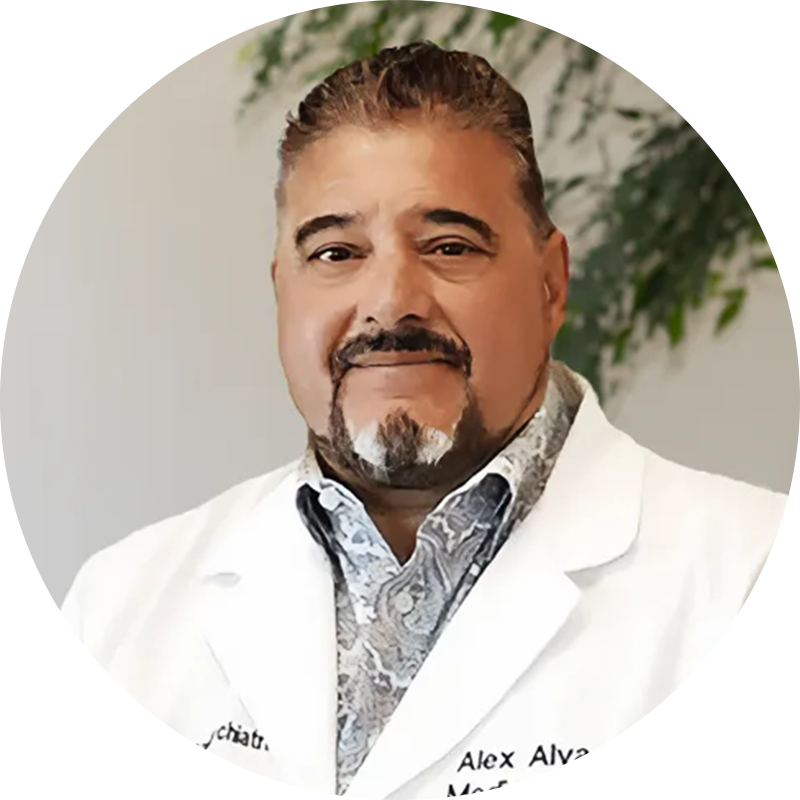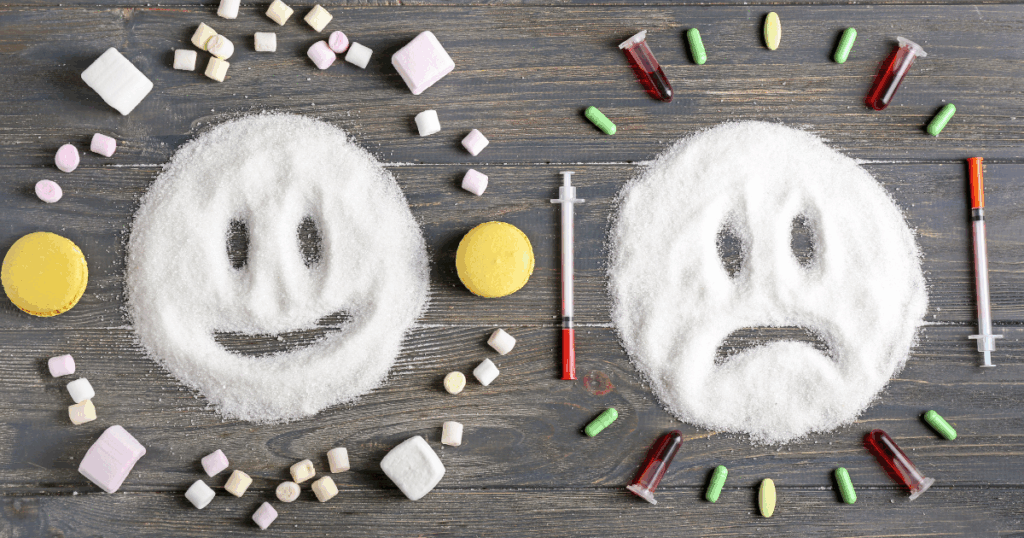External Triggers: Protecting and Managing Your Recovery

Authored By:
Raleigh Souther

Edited By:
Chase Mcquown

Medically Reviewed By:
Dr. Alejandro Alva
- Last Updated:

One of the biggest threats to your sobriety is external triggers that could lead to relapse. Discover how to identify and prevent these triggers.
Overcoming addiction is one of the hardest things someone can do. Life is difficult, so becoming reliant on a crutch of some kind to get through the day is far from unheard of. Unfortunately, when the crutch begins to take over, the negative effects in conjunction with an already stressed life often cause things to spiral out of control.
Once a certain level of control has been established, and the spiral is halted, congratulations are in order, but the journey is far from over. Staying in control and avoiding the external triggers that so often cause relapse is the first step toward a life free from addiction.
If you’re struggling with external triggers or know someone who is, read on to learn more about unwelcome impulses, their likely causes, and how to avoid them.
What Are External Triggers?
The best way to combat external triggers is to identify them by asking yourself where they’re likely to appear, and in what situation. This allows for a certain level of preparation, as well as to predict their presence before they arrive. Forewarned is forearmed, so taking the time to sit with yourself and give some real thought to what’s truly likely to get under your skin is a precaution that will serve you well.
To start, cast your mind back to when you’ve experienced moments where you felt your resolve begin to waver. Ask yourself why that might have been, and do your best not to delude yourself, or otherwise keep yourself from the truth. If you’re to have any hope of beating an addiction, the most important strategy is to face your emotions head-on and examine their source.
Triggers are often nuanced and depend solely on the experience of the person struggling with addiction. People respond unpredictably, and there’s no telling what might cause someone to feel the pull toward the substance of their choice without first discussing their feelings. If you’re a friend or family member of someone in the middle of a battle with addiction and you want to understand what might trigger them, the best thing to do is ask them directly.
External triggers don’t usually depend on the type of substance the addicted person prefers, either. For example, individuals recovering from Adderall addiction might find academic environments triggering, while those battling Xanax addiction might struggle with high-stress situations. Triggers are often a lot less obvious and predictable than that, which is why finding strategies to minimize their influence usually requires some pointed discussion and guided introspection.
Signs of Addiction
Identifying addiction in someone is no easy feat. It’s not even an easy thing to see in yourself, let alone another person. It is, however, the first step towards finding help and resolving the issue.
There’s very little hope of spotting signs of addiction before you’re certain someone is addicted. Addicts go to great lengths to hide the extent of their substance abuse from others, as well as from themselves. This is worth noting because friends and family are known to beat themselves up for not noticing and blaming themselves for not paying sufficient attention.
If this sounds familiar, there’s no reason to feel guilty. It’s common for people to be addicted for years without any particular outward signs of their addiction. Without any obvious cause for concern, there’s often simply no way to know.
External triggers that are in the process of taking hold don’t exhibit themselves as an immediate desire to get a hold of their preferred substance. A trigger doesn’t necessarily flip the desire to indulge like a switch; rather, it’s the subtle beginning of a downward spiral. If you’re perceptive enough and know what to look for, it’s possible to spot the signs and intervene before you find yourself or someone else amid a full-blown relapse.
Triggers often externalize themselves as stress, nervous ticks, irritation, or outright aggression. Sufferers from addiction may also withdraw into themselves, preferring to be alone while they process their complicated internal world and their particular struggles. These early signs are easy to overlook, as they appear like fairly normal behavior unless particularly out of character.
The Role of Drug Recovery Programs
Navigating the treacherous world of addiction and relapse prevention is incredibly difficult to do alone, as is supporting a sufferer. The untrained can do more harm than good, despite their best intentions. The truth of the matter is that the cause of addiction is often a deeply seated issue that requires professional help to navigate and overcome, especially if the addict in question is prone to being triggered into relapse unexpectedly.
Making your best attempts to pin down someone’s reasons for relapse is a noble cause, but ultimately not the best strategy for helping long-term. Professional outpatient drug recovery programs exist for a reason, specifically because of the complicated nature of debilitating addiction.
Even suggesting professional help to someone who might benefit from it isn’t easy, and may well be a trigger in and of itself. The most important thing to do is to be as kind, gentle, and understanding as possible with both yourself and your loved one, no matter who it is in the relationship suffering from addiction.
If you need help, don’t rely simply on friends and family to assist you. They may mean well and want the best for you, but it’s a heavy weight to ask someone to bear. Similarly, if you’re a friend or family member of someone in need, by all means, offer them all your love and support, but try to guide them towards professional help wherever possible.
Visalia Recovery center
By their very nature, external triggers are unpredictable and difficult to navigate without setting them off or exacerbating them. If you’re struggling with your triggers or are trying to help someone else with theirs, it may be time to seek professional help.
Visalia Recovery Center has experienced, licensed professionals to help people with their substance trauma, and we’re proud to say we’ve helped set many people’s lives back on track. If you’re seeking a reputable rehab for alcohol or treatment for substance abuse in Visalia, our services are designed to provide the best possible support.
If you’d like to learn more about our adult intensive outpatient programs, or would simply like to get in touch, don’t hesitate to contact us today!


